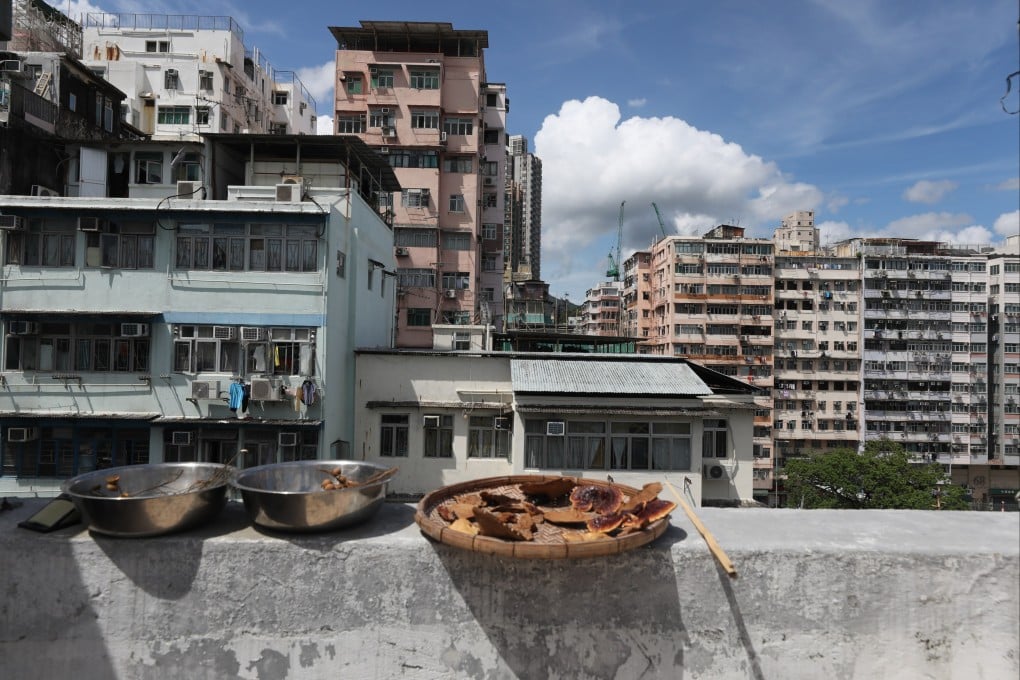Letters | Protect small property owners in Hong Kong’s old neighbourhoods
- Readers discuss the well-being of grass-roots residents in ageing districts, the role of cryptocurrency in a kidnap case, and why Hong Kong airport must be better prepared for disruptive incidents

The bill’s proposal to lower the compulsory sale threshold for both “designated” and “non-designated” areas for buildings aged 60 and above is particularly concerning. Designated areas are those with 300 or more buildings aged 50 or older, and with 200 or more buildings issued with mandatory inspection notices.
Not all districts may warrant such drastic measures, and reducing the threshold in non-designated areas could lead to the unnecessary displacement of long-established communities.
We must remember that many residents in these ageing districts, often elderly and vulnerable, have invested their life savings into their homes. Lowering the threshold could disadvantage them in negotiations with developers, potentially forcing them to sell below market value and uprooting them from their communities.
